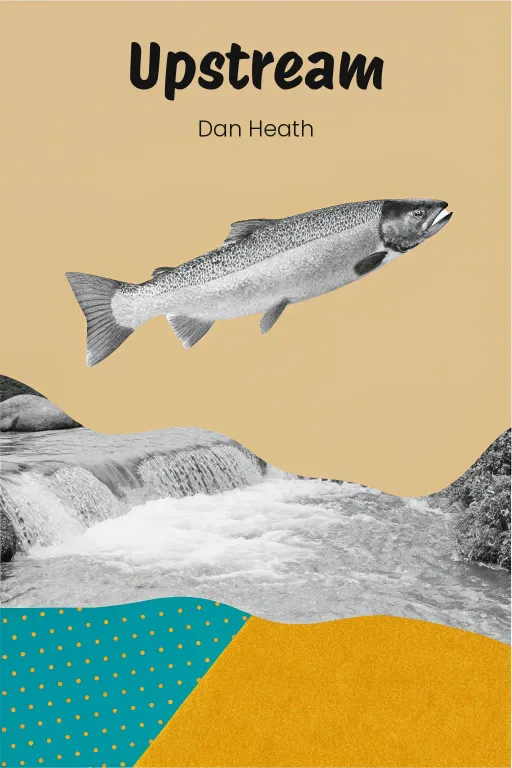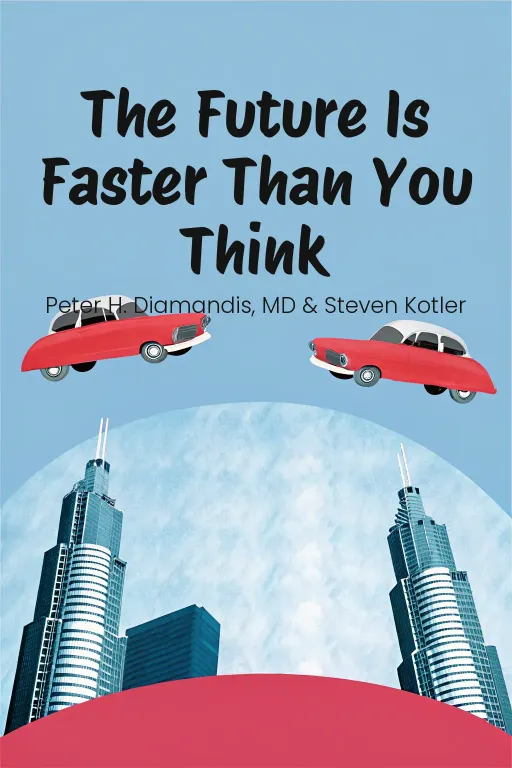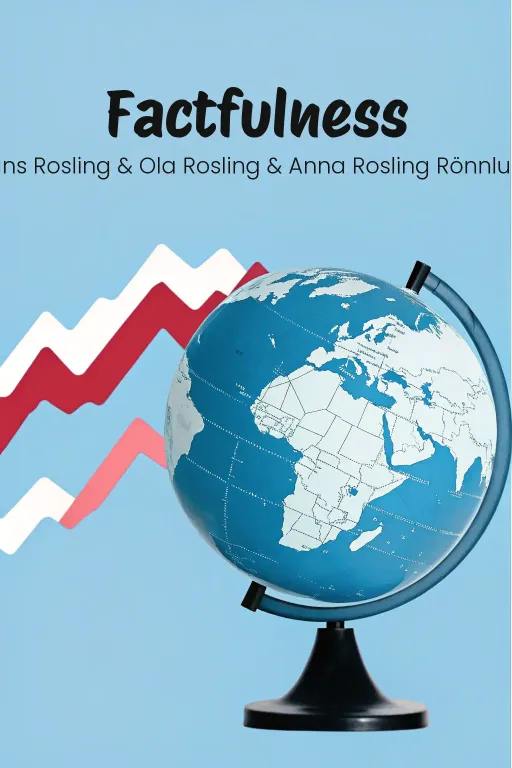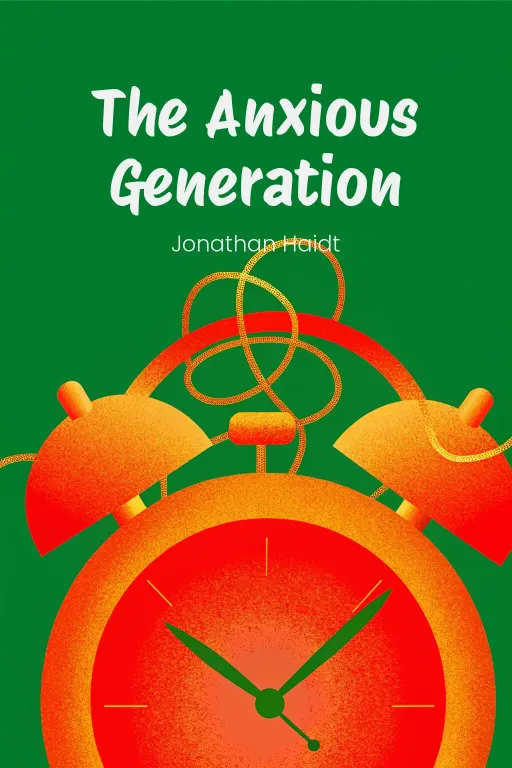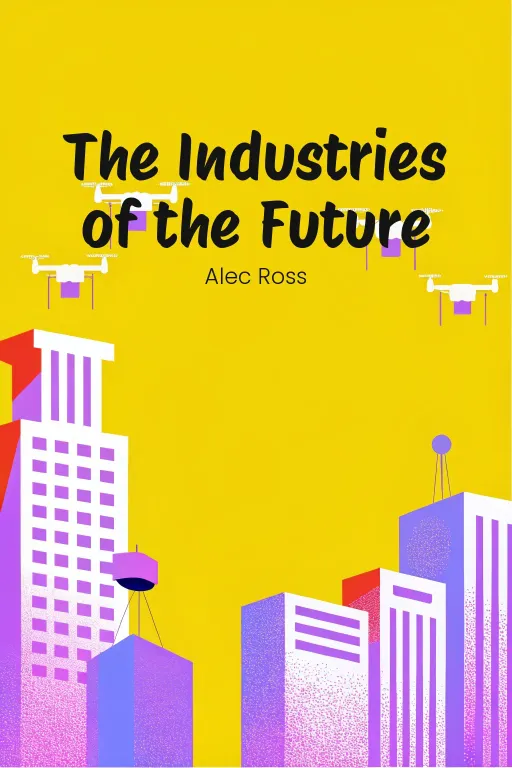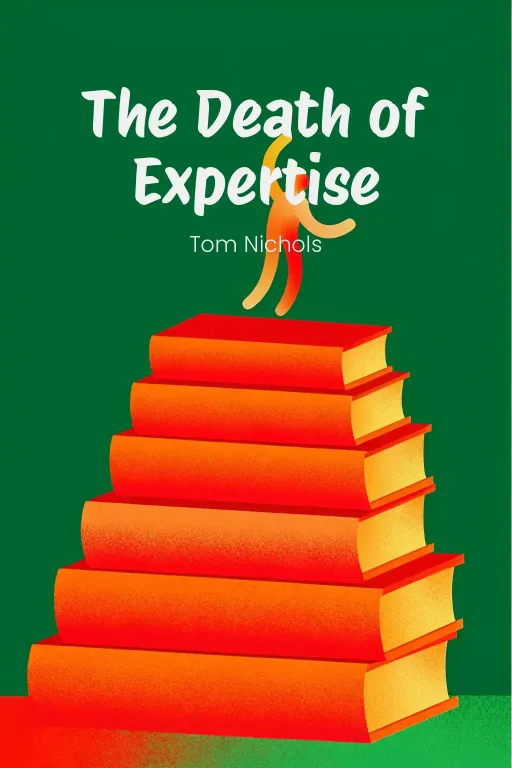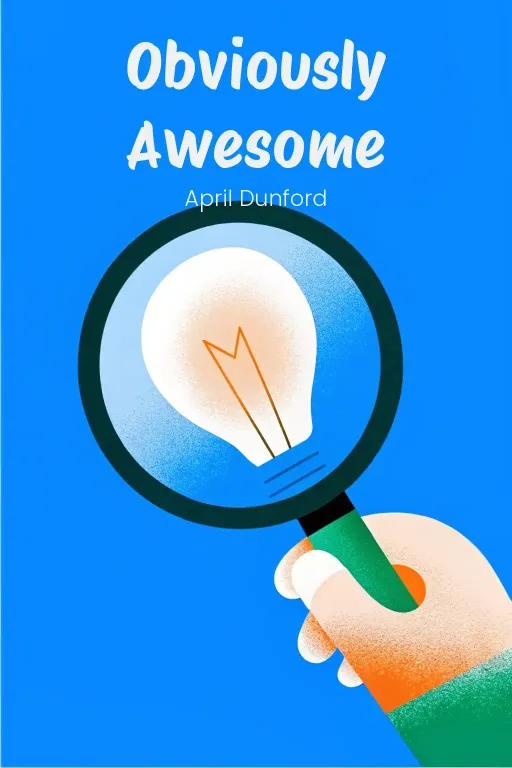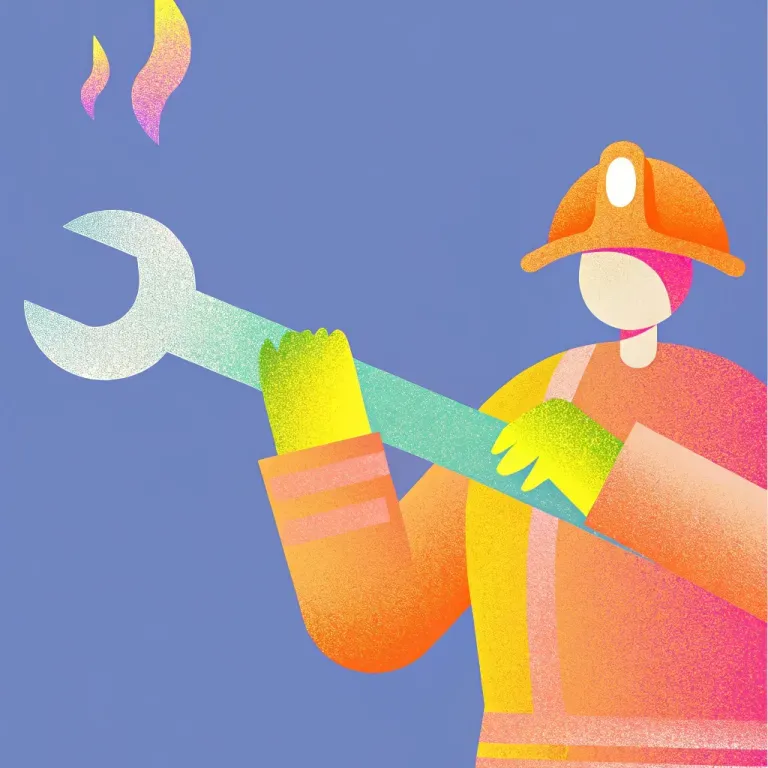
Stop Fighting Fires: Solve the Real Problem
Podcast by The Muse's Minute with Brian
The Quest to Solve Problems Before They Happen
Stop Fighting Fires: Solve the Real Problem
Brian: How often do you find yourself just putting out fires, reacting to problems only after they’ve already flared up? Welcome to The Muse’s Minute! I'm Brian. We're looking at the brilliant book "Upstream" by Dan Heath. It argues that real progress, especially for creative thinkers like us, isn't about constantly battling crises. It's about proactively moving upstream to prevent them. It’s about shifting our focus from reaction to prevention, a total game-changer. Brian: So, the single most powerful idea from "Upstream" is this: We are so often trapped in a cycle of reaction, just dealing with the symptoms of problems instead of their root causes. Think about that famous parable: you see children drowning in a river and you jump in to save them, again and again. But the person really solving the problem runs upstream to find out who’s throwing them in! This upstream mindset is truly transformative because it stops the endless firefighting. It lets us build lasting solutions, freeing up our precious energy and creativity for what actually matters, instead of just battling emergencies. It’s about solving problems before they even happen. Brian: How does this actually work? Well, Heath shares a fantastic example from Expedia. They realized a huge number of customers, 58 percent, called support after booking. That's a massive downstream mess! Instead of just hiring more support staff, they went upstream. They found millions of calls were just simple requests for itinerary copies lost to spam filters or typos. By fixing that basic information delivery – a clear upstream solution – they slashed those calls way down! They stopped rescuing drowning customers and fixed the problem at the source. And this isn't just about business. Look at Chicago Public Schools. They faced dismal graduation rates, often blaming downstream issues like poverty. But researchers went upstream and found a key predictor: freshman year performance. By focusing resources intensely on ninth graders – an upstream intervention – they dramatically boosted graduation rates over time. Both examples show finding and fixing the root cause gives much bigger, sustainable results than just managing downstream chaos. Brian: Ready to apply this yourself? Here’s your spark for today: Identify just one recurring problem or frustration in your creative work or life – something you keep reacting to. Just one thing. Now, spend only 10 minutes brainstorming: what are the upstream factors contributing to this? Don't try to solve it all right now, just identify potential sources. Is it a lack of planning? A missing skill? Unclear communication? Just understanding the source is the vital first step to preventing that fire next time. Imagine the creative energy you'll unlock when you're not constantly reacting, but proactively shaping your outcomes. Go find that source! Brian: That’s your Muse’s Minute. Go make something amazing.
